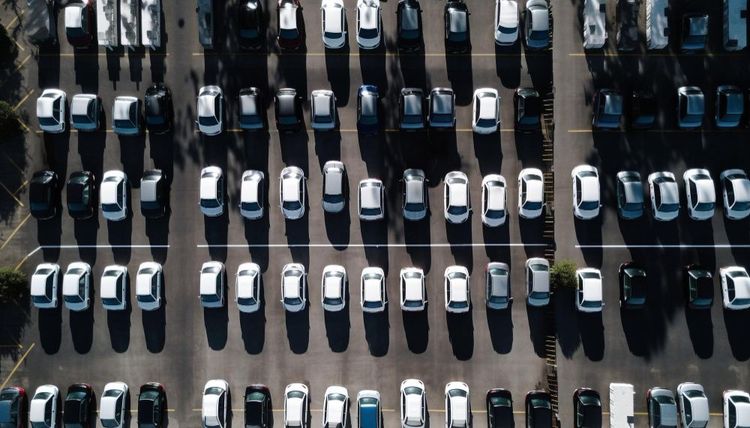Hertz Navigates Electric Vehicle Fleet Challenges Amid Market Shifts

In a recent turn of events, Hertz, the esteemed car rental service provider, has encountered significant challenges with its electric vehicle (EV) fleet, leading to unexpected losses in the fourth quarter. The company’s bold move to incorporate EVs, particularly Tesla models, into its fleet has faced hurdles, impacting its financial standing.
The car rental leader had initiated an extensive promotional campaign with celebrity Tom Brady to herald its transition to EVs. Hertz has confronted high repair costs and a decrease in the residual value of these vehicles, prompting a strategic reassessment. CEO Stephen Scherr has responded by divesting around a third of its EV fleet, which included a notable number of 20,000 Tesla cars. This decision was strategic, aimed at reducing the depreciation losses and aligning with the variable demand for EV rentals throughout the United States.
Hertz’s experience mirrors the larger narrative adoption in the nation, which sees diverse levels of enthusiasm and infrastructure readiness across various regions. The company is determined to continue providing EVs in locales where supply meets demand, suggesting a more refined and market-specific approach to its EV rental services in the future.
The broader automotive industry is also experiencing a shift towards electric and hybrid vehicles, with Ford, another key player, adjusting its strategies to the changing market demands for EVs. Discontinuing the Explorer Hybrid over efficiency issues, Ford is still committed to the integration of hybrid powertrains in its lineup. This commitment to a diverse range of powertrain options, including traditional gasoline, hybrid and electric vehicles, is indicative of Ford’s strategy to cater to a wide array of consumer preferences.
Ford’s EV growth strategy is one of caution and optimism. CEO Jim Farley has acknowledged the incremental nature of the transition to electric mobility, which is unfolding more slowly than originally anticipated. The company’s focus on profitability, the development of EVs and the potential for hybrid vehicles remain key as it moves forward in an evolving automotive industry.
Hertz’s recent financial results and strategic shifts underscore the complexities and challenges companies face during the transition to electric mobility. By recalibrating its EV fleet strategy, the corporation is adapting to market dynamics and consumer demands. Similarly, Ford’s ongoing efforts to balance its product offerings and invest in EVs reflect the industry’s cautious yet hopeful outlook on the future of electric and hybrid vehicles. These developments underscore the dynamic and transformative nature of the automotive industry as it moves toward more sustainable transportation solutions.
Source link



